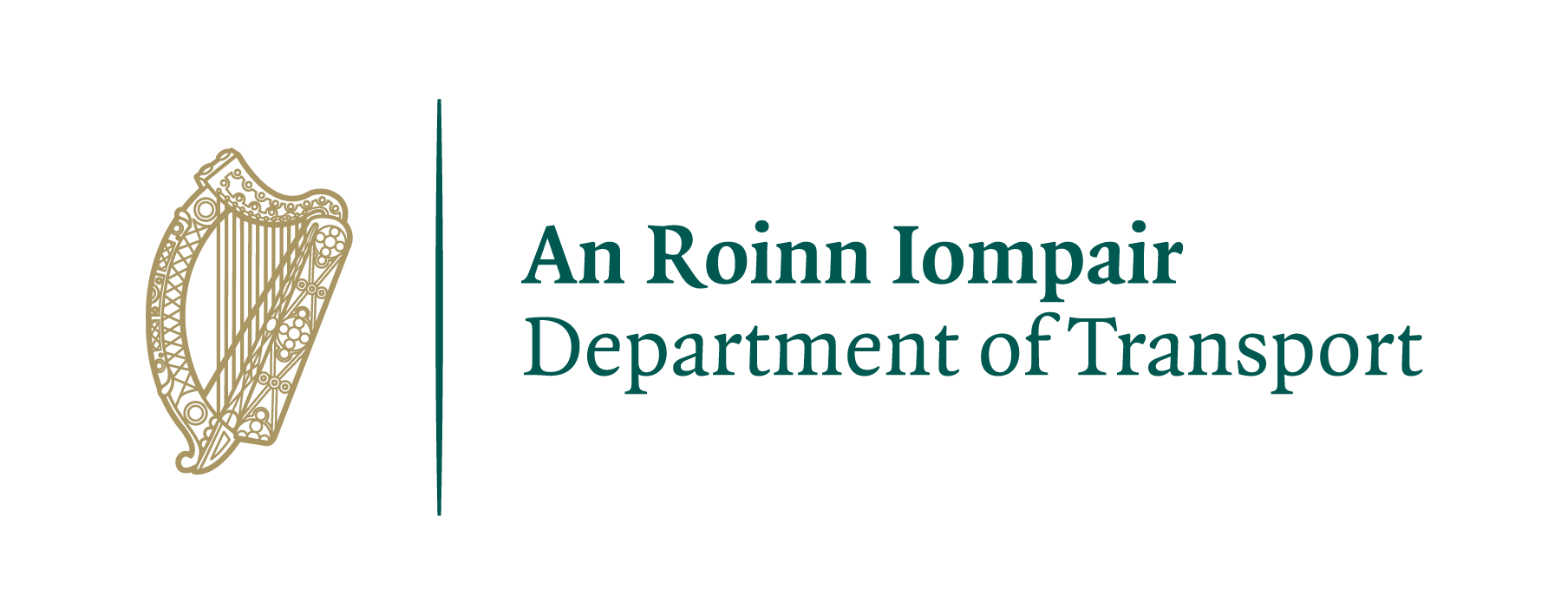Introduction
The N/M20 Cork to Limerick Project is a key element in Project Ireland 2040, the Government’s long-term overarching strategy to make Ireland a better country for all of its people. The Strategy comprises the National Planning Framework (NPF) to 2040 and the National Development Plan (NDP) 2021-2030.
The NPF and NDP both identify improved accessibility between urban centres of population and their regions as a major enabler for balanced regional development.
The NDP sets out that the N/M20 Cork to Limerick project would provide better connectivity between Ireland’s second and third largest cities by improving the quality of the transport network which will address safety issues associated with the existing N20 route and provide for safer and more efficient journey times.
Cork and Limerick are the centres of the second and third largest clusters of population and economic activity in the country. Despite the fact that the city centres are approximately 100 km apart, there are surprisingly few economic links between the two cities.
Poor connectivity also inhibits the growth of the regional economy and the facilitation of counterbalance to Dublin. The potential for a 50% growth in population in both Cork and Limerick is outlined in the National Planning Framework (NPF) and the requirement for improved connectivity country wide informs Project 2040, with Cork-Limerick links identified as a priority.
Project History
The need for improvements to the N20 was identified in the 1998 National Roads Needs Study. It was then stated as a Government objective in the 2002 National Spatial Strategy and subsequently carried into the 2000-2006 National Development Plan. In 2008 a study was commissioned to identify a preferred route corridor for an upgraded carriageway between Cork and Limerick.
The M20 Cork to Limerick Motorway Scheme was progressed through planning and design phases and the scheme was submitted to An Bord Pleanála in 2010 for statutory planning approval. An Oral Hearing was held in 2010, but prior to a determination being made by An Bord Pleanála, the project was withdrawn in 2011 due to the economic downturn.
In the intervening period, since the previous scheme was submitted for planning approval in 2010, the assessment criteria for planning and developing schemes have changed along with changes in European/National policy, environmental legislation, economic appraisal and road infrastructure design requirements. These changes include the following:
- Publication of Project Ireland 2040, NPF and NDP 2021-2030
- Publication of Climate Action Plan 2023
- Updates to Environmental Impact Assessment (EIA) Directive
- Publication of the Department of Public Expenditure and Reform (DPER) Public Spending Code
- Updating of the Department of Transport, Tourism and Sport (DTTaS) Common Appraisal Framework
- Updates to International Guidelines relating to landscape and visual, noise and ecological assessment
- Updates to National Guidelines relating to Appropriate Assessment, soils, geology and hydrogeology and environmental impact assessment reports
- Updates to TII guidance relating to air quality, landscape treatment, archaeo-geophysical surveying, barn owl surveying and management of waste
Limerick City and County Council and its partners are appraising the scheme in accordance with current legislation, appraisal requirements and standards, which will result in the preferred transport option emerging following a comprehensive assessment of all feasible transport and scheme alternatives.
Project Principles & Appraisal Process
Limerick City and County Council, in partnership with Cork County Council, Cork City Council, Transport Infrastructure Ireland (TII) and the Department of Transport (formerly DTTaS) are developing the N/M20 Cork to Limerick Project. Limerick City and County Council, as lead authority, have appointed Barry Transportation and its project partners Sweco and WSP (BSW) as Technical Advisors to progress the planning and design for the scheme.
The scheme will see BSW deliver planning and design services for a high-quality transport link connecting Cork and Limerick. This is a flagship project for Limerick City and County Council and its partners, with an emphasis on technology for all aspects of design development and future operation.
In April 2019, BSW were appointed to progress the scheme through Phases 1 to 4 of the TII Project Management Guidelines (PMG) as outlined below. These guidelines provide a framework for a phased approach to the management of the development and delivery of the National Road and Public Transport Capital Projects.
- Phase 1 (Concept and Feasibility)
- Phase 2 (Options Selection)
- Phase 3 (Design and Environmental Evaluation)
- Phase 4 (Statutory Processes, which includes An Bord Pleanála Oral Hearing)
The subsequent PMG phases for a scheme that is granted planning approval from An Bord Pleanála, are:
- Phase 5 (Enabling and Procurement)
- Phase 6 (Construction and Implementation)
- Phase 7 (Close out and Review)







